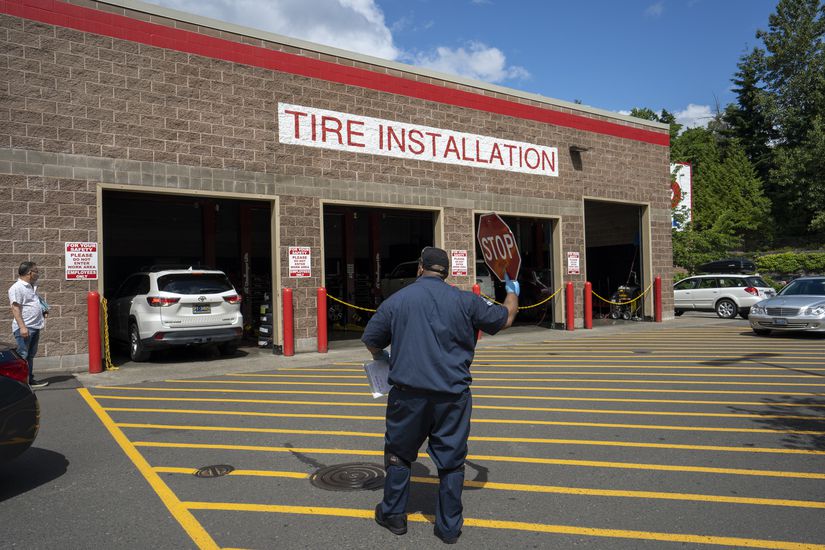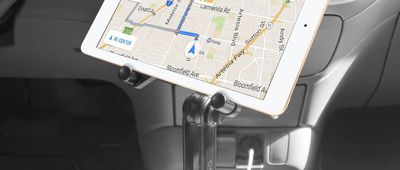Proponents claim that filling your tires with nitrogen boosts gas mileage, reduces air loss, and extends a tire’s life. In a Consumer Reports study, the publication found that the difference between nitrogen- and air-filled tires was modest, with nitrogen reducing about 1.3 PSI in pressure loss. “Our test showed that while nitrogen has some advantages, both nitrogen and air-filled tires lose pressure over time,” said Ryan Pszczolkowski, Consumer Reports’ tire project leader. “It is important that car owners routinely check their tire pressure.”
Similarly, the National Highway Traffic Safety Administration found that nitrogen extends a tire’s life by limiting oxidation (a chemical reaction), though rolling resistance — which affects fuel economy — was more or less the same. Put simply, filling your tires with nitrogen may offer a slight edge when it comes to air loss and tire life.
Related: How Often You Really Need to Take Your Car in for Service














